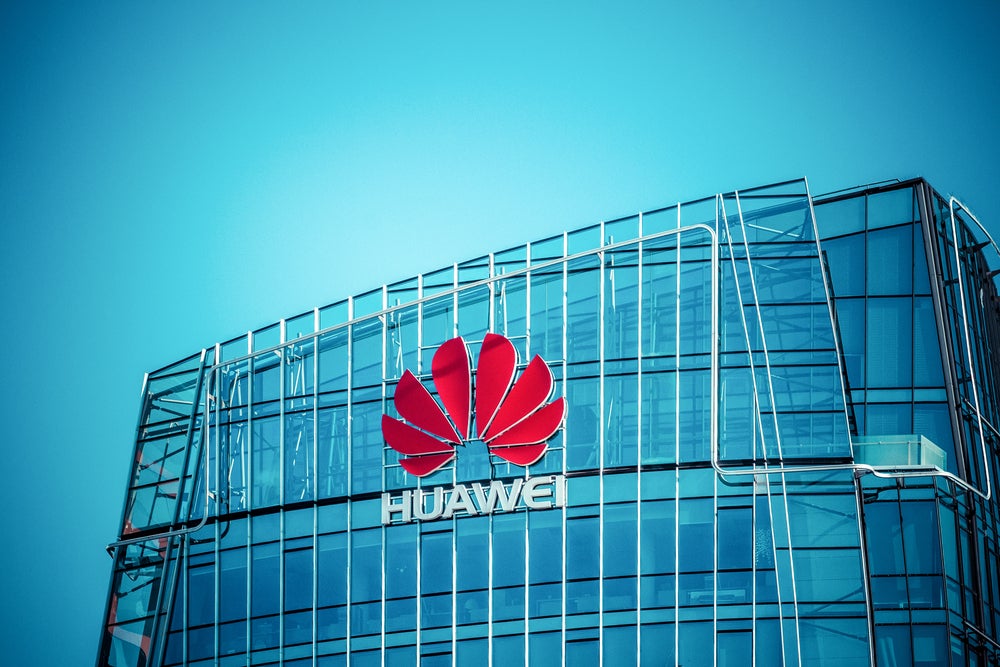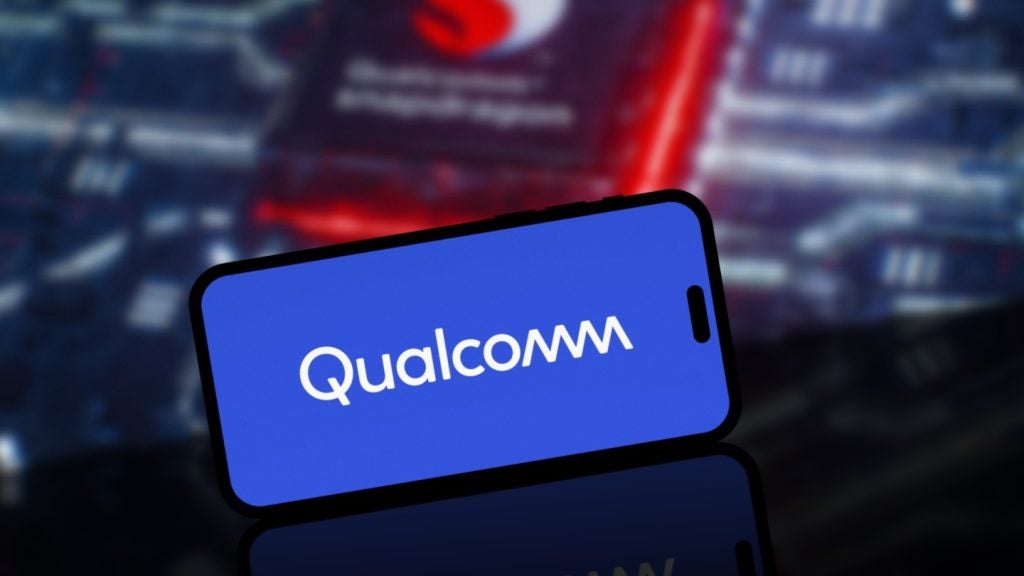
Following the announcement that Huawei chief financial officer Meng Wanzhou will sue Canada over her arrest and pending extradition to the US, the Chinese telecommunication giant is now set to begin a separate lawsuit against the United States government.
According to the New York Times, Huawei is preparing to sue the US after the Trump administration banned federal agencies from using its products. US authorities believe that Huawei works with the Chinese government to spy on foreign powers.
The US has since called for other Western countries to block Huawei from taking part in the development of their next-generation mobile networks. This has led to Australia and New Zealand banning the telecommunications company, with many European countries having also raised concerns.
Huawei has insisted that the allegations made by the US are false. Huawei rotating chairman Ken Hu previously stressed that “we [Huawei] have never taken any requests from any governments to damage the business or networks of our customers or other countries”.
Huawei is set to file the lawsuit in the Eastern District of Texas, where the company’s US headquarters is located.
According to anonymous insiders, the company will argue that the “Defense Authorization Act”, approved by the US government last year, is a bill of attainder against the company.
How well do you really know your competitors?
Access the most comprehensive Company Profiles on the market, powered by GlobalData. Save hours of research. Gain competitive edge.

Thank you!
Your download email will arrive shortly
Not ready to buy yet? Download a free sample
We are confident about the unique quality of our Company Profiles. However, we want you to make the most beneficial decision for your business, so we offer a free sample that you can download by submitting the below form
By GlobalDataSo what is a bill of attainder?
“Bills of attainder are such special acts of legislature, as inflict capital punishments upon persons supposed to be guilty of high offences, such as treason or felony, without any conviction in the ordinary course of judicial preceedings,” the Constitution of the United States says.
Essentially, a bill of attainder is a legislative act that finds an individual or group guilty of a crime or issues punishment without a fair trial, which is viewed as a violation of the target’s civil rights.
Originating from the United Kingdom, Bills of Attainder were frequently used in the US up until the American Revolution. However, the US Constitution now bans such legislation. According to the Constitution of the United States, “No Bill of Attainder or ex post facto Law will be passed”.
The Defense Authorization Act banned government agencies from using components manufactured by several Chinese tech firms. This covered any “substantial or essential component of any system”, including those used to manage user data.
Huawei’s status as a leader in 5G technology has seen it particularly badly targeted. Despite the claims, the company insists that there is no evidence of it working with the Chinese government.
“The fact is that over the last thirty years, there’s been no major cybersecurity incident; there’s been no cybersecurity threat; and there’s been no evidence showing that Huawei is damaging cybersecurity,” Hu said.
If the US government is found to have unjustly punished Huawei, it would be guilty of breaching the constitution and forced to cancel the damaging legislation.
What could this mean for the US-Huawei dispute?
A similar lawsuit filed by cybersecurity company Kaspersky last year suggests that the case will eventually be thrown out.
Government agencies were similarly banned from using Kaspersky products over fears that they could be used by Russian authorities to steal information from the US. Kaspersky claimed this amounted to a bill of attainder, but a judge has since ruled that the ban was just.
Huawei will likely be prepared for a similar response. However, the lawsuit will force the US to publicly explain its security fears and the reasons for them.
Rather than an attempt to undo the US ban, this could be seen as an attempt by Huawei to halt Washington’s damaging campaign against the company. With numerous other countries considering following suit, weak evidence presented by the US could be enough to convince other governments to stick with Huawei.






